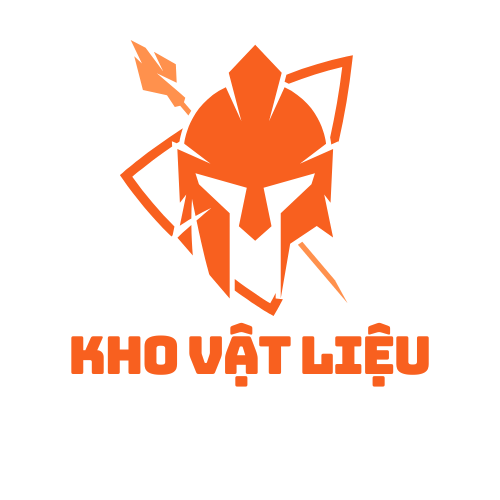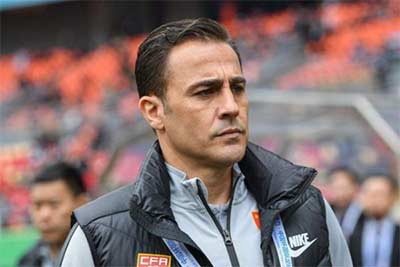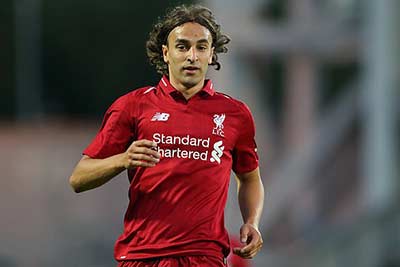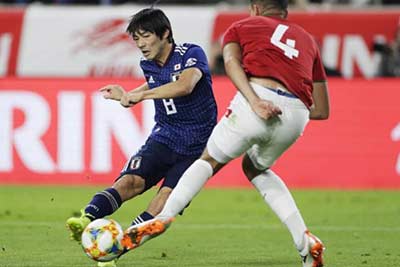multinational corporations, broadcasting giants, and progressive revenue-generating systems. This sophisticated matrix generated over €4.5 billion annually across the 2023-2025 timeframe, through commercial partnerships accounting for 27% of aggregate income as reported by industry analysts[1][10][11]. https://income-partners.net/
## Fundamental Financial Foundations
### 1. Championship Sponsorships
The continent’s top-tier football tournament operates as the monetary centerpiece, securing a dozen international sponsors including the Dutch brewer (€65M annual commitment)[8][11], the interactive entertainment leader[11], and the Middle Eastern carrier[3]. These agreements collectively contribute $606.33M USD each year through centralized deals[1][8].
Significant partnership shifts include:
– Commercial spread: From traditional beer sponsors including digital payment platforms[2][15]
– Local market engagement deals: Virtual LED board placements in Asian and American markets[3][9]
– Gender-equitable sponsorship: PlayStation’s parallel strategy bridging gender divides[11]
### Media Rights Supremacy
Media rights sales represent the predominant income source, producing €2.6 billion each fiscal cycle from Europe’s elite competition[4][7]. The continental tournament’s television contracts surpassed historical benchmarks through partnerships across five continents[15]:
– BBC/ITV (UK) securing 24.2M peak viewership[10]
– Middle Eastern media group[2]
– Asian broadcasting specialist[2]
Emerging trends encompass:
– Streaming platform penetration: Amazon Prime’s tactical acquisitions[7]
– Hybrid distribution models: Multi-channel delivery via broadcast and online avenues[7][18]
## Financial Distribution Mechanics
### 1. Club Compensation Models
The governing body’s distribution mechanism allocates the overwhelming majority of profits back into football[6][14][15]:
– Performance-based rewards: Tournament victors earn nine-figure sums[6][12]
– Development grants: substantial annual contributions for lower-tier teams[14][16]
– Geographic value distributions: English top-flight teams gained over a billion in domestic deals[12][16]
### Regional Development Support
The continental growth scheme channels 65% of EURO profits via:
– Infrastructure projects: Swiss stadium modernizations[10][15]
– Junior development programs: Supporting 100+ youth schemes[14][15]
– Equal opportunity funding: €41M prize pool[6][14]
## Modern Complexities
### 1. Financial Disparity
The Premier League’s €7.1B revenue significantly outpaces continental rivals’ earnings[12], fueling competitive imbalance. UEFA’s financial fair play attempt to bridge this divide via:
– Salary limitation frameworks[12][17]
– Acquisition policy changes[12][13]
– Boosted development allocations[6][14]
### 2. Ethical Sponsorship Debates
Despite generating unprecedented commercial revenue[10], 15% of Premier League sponsors are betting companies[17], fueling:
– Addiction concerns[17]
– Government oversight[13][17]
– Supporter resistance[9][17]
Forward-thinking teams are pivoting toward ethical sponsorship models including:
– Climate action programs with renewable energy firms[9]
– Social development schemes funded by banking institutions[5][16]
– STEM training alliances alongside software giants[11][18]





